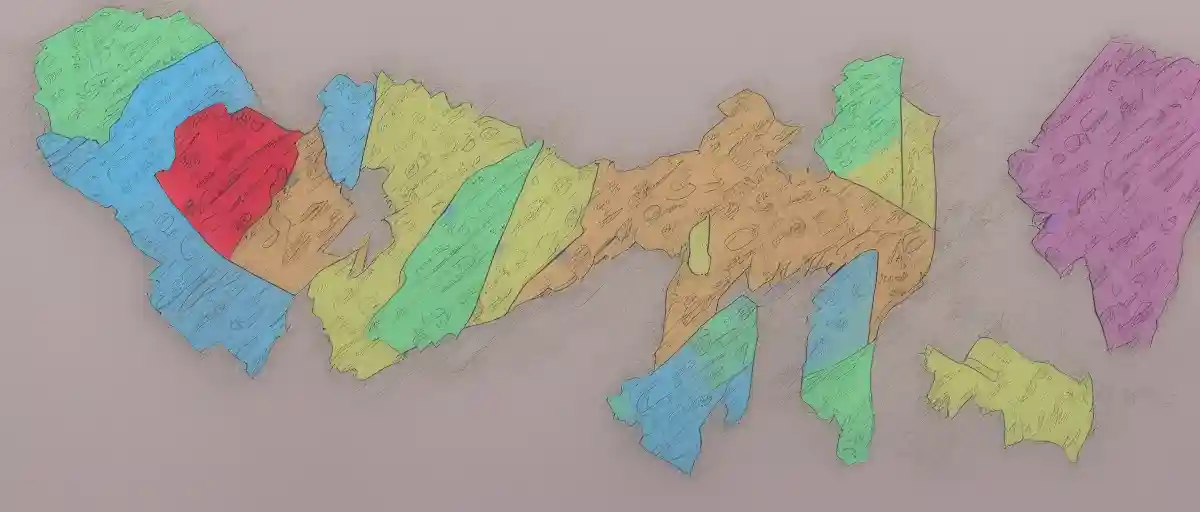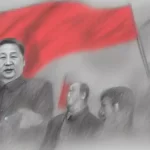You Might Find This Intriguing As Well:
Game-Changing Verdict: Supreme Court’s Ruling Set to Redefine Redistricting!
The Supreme Court has recently heard arguments regarding the controversial South Carolina congressional map that has sparked a fierce debate over racial gerrymandering. The case revolves around the accusation that Republicans intentionally manipulated district boundaries based on race, limiting the political influence of Black voters. This has significant implications for future redistricting efforts across the country and raises important questions about the balance between racial equality and partisan advantage.
On one side, opponents argue that the South Carolina congressional map constitutes a clear violation of both the Voting Rights Act and the Equal Protection Clause of the Constitution. They claim that by packing Black voters into certain districts, Republicans aimed to weaken their overall political impact. They argue that upholding the map would not only perpetuate racial inequality but also undermine the democratic values on which this nation stands.
On the other side, supporters of the map argue that there is insufficient evidence to prove intentional discrimination. They claim that the accusations of racial gerrymandering are merely speculative and lack concrete proof. The conservative justices on the Supreme Court have expressed skepticism over these allegations, suggesting that opponents have not successfully demonstrated intentional harm. Supporters further contend that upholding the map would protect the autonomy of states in redistricting and maintain the balance between partisan interests.
The potential consequences of the Supreme Court’s ruling in this case are a cause for concern. If the court upholds the South Carolina congressional map, it could set a dangerous precedent that empowers politicians to engage in gerrymandering, effectively manipulating district boundaries for partisan advantage. This outcome would be a blow to democracy, potentially leading to the disenfranchisement of minority voters and further deepening the existing political divides.
However, it is important to consider the other side of the argument. Upholding the map would also reinforce the principle of states’ authority in redistricting, respecting local decision-making processes and promoting stability in the political system. Supporters of the map argue that redistricting is inherently a political process, and as long as it does not overtly discriminate, partisan considerations are inevitable.
The Supreme Court’s ruling on this case will undoubtedly shape the future of redistricting efforts in the United States. It will be imperative for the court to carefully balance the principles of racial equality, minority representation, and democratic fairness in its decision. Ultimately, the court must prioritize protecting the rights of all citizens, regardless of race, and ensure that redistricting remains a fair and impartial practice that upholds the ideals of democracy.
Here's A Video We Thought You Might Also Like:
Author Profile

- I'm a financial reporter on a mission to decode the complexities of the economy, including its connection to politics. My goal is to help readers understand the political forces that shape financial markets and impact people's lives.
Latest entries
 Breaking News2023.12.18Thrilling Revelations How Chinese Communist Party Influences US Climate Policies
Breaking News2023.12.18Thrilling Revelations How Chinese Communist Party Influences US Climate Policies Breaking News2023.12.15Nikki Haley’s Surging Fundraising Efforts A Gamechanger for the GOP Presidential Race
Breaking News2023.12.15Nikki Haley’s Surging Fundraising Efforts A Gamechanger for the GOP Presidential Race Breaking News2023.12.13Survivor Exposes Extraordinary Sexual Violence within Hamas – Why Are Some Progressives Ignoring the Truth
Breaking News2023.12.13Survivor Exposes Extraordinary Sexual Violence within Hamas – Why Are Some Progressives Ignoring the Truth Breaking News2023.12.11Captivating Decision! Representative Sheila Jackson Lee Refuses to Back Down After Crushing Defeat!
Breaking News2023.12.11Captivating Decision! Representative Sheila Jackson Lee Refuses to Back Down After Crushing Defeat!






